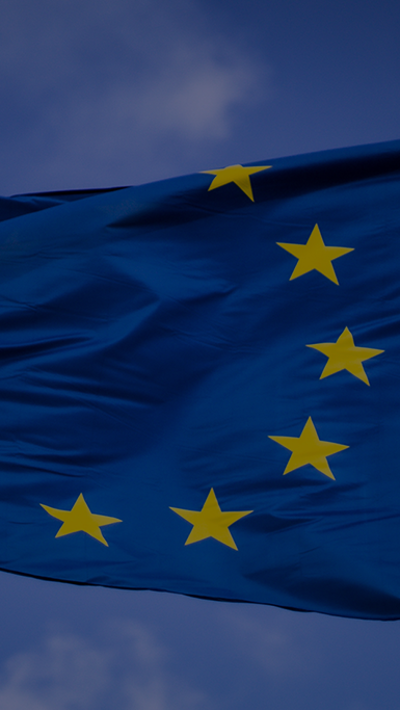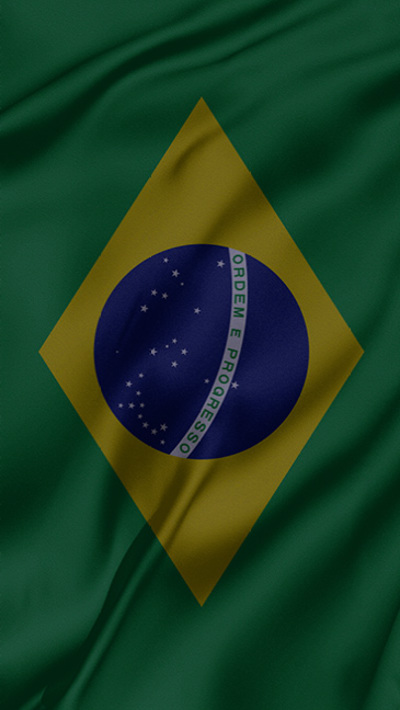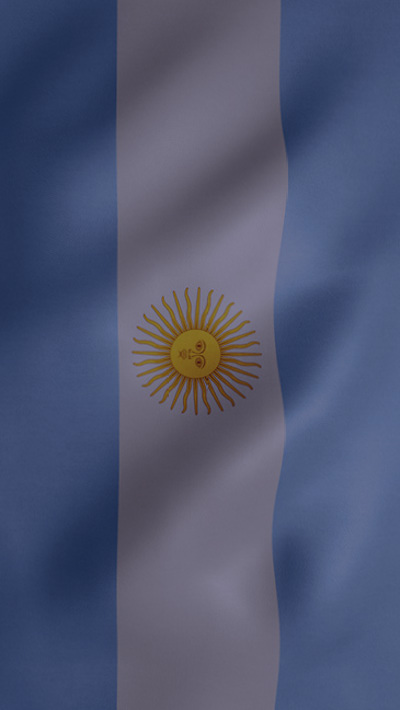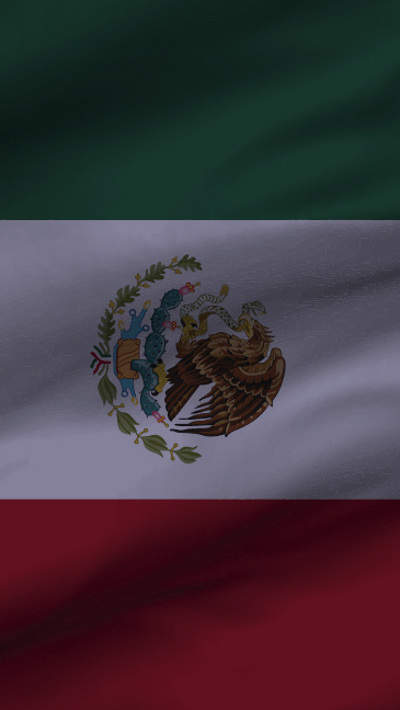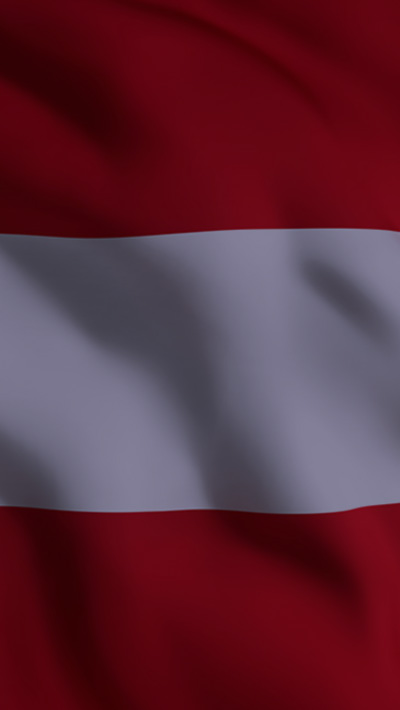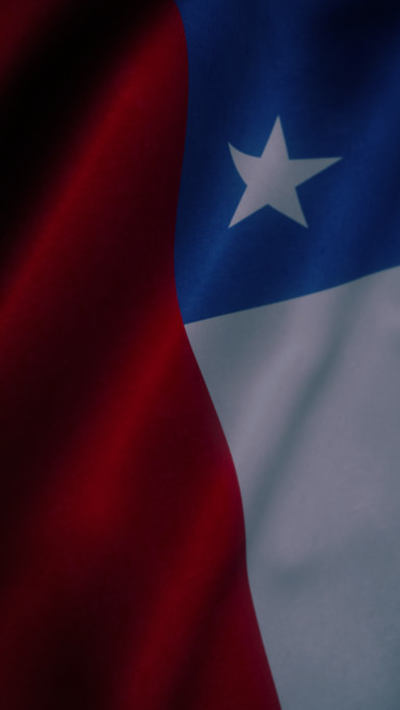Speak to our experts
Contents
The New Zealand – United Kingdom Free Trade Agreement (FTA), signed on 1 March, will help develop international recognition and protection of aspects of Te Ao Māori, including mātauranga Māori, and offers new opportunities for Māori businesses to enter the international market.
Sustainable practices
Concepts drawn from mātauranga Māori such as “kaitiakitanga” and “mauri” are integrated into the FTA, affirming the importance of sustainable practices for long-term conservation from a uniquely Te Ao Māori perspective (for example in the management of fisheries). The FTA promotes continued engagement with Māori regarding long-term conservation efforts, which may create a platform for new working relationships geared towards effective conservation.
Māori rights in the digital economy
The “Digital Trade” Chapter of the FTA recognises the growing importance of the digital economy and ensuring “digital inclusion” for groups such as Māori, who disproportionately face barriers to digital trade. It proposes dismantling accessibility barriers and adopting frameworks that promote consumer confidence.
This Chapter may raise some concerns regarding its scope, considering the Waitangi Tribunal’s recent findings that the Comprehensive and Progressive Trans-Pacific Partnership (CPTPP) negotiations did not protect Māori data sovereignty or mātauranga Māori in the digital domain. The Chapter provides for a review within two years of the FTA coming into force, to consider whether these provisions remain fit for purpose.
Protecting mātauranga Māori
The FTA allows New Zealand to uphold its Te Tiriti o Waitangi obligations, including within the intellectual property realm, which may extend to mātauranga Māori (for example, the protection of traditional cultural expressions). However, it limits any obligations on the UK to recognise Māori intellectual property rights if inconsistent with UK Intellectual Property Law (for example in the fields of genetic resources or traditional knowledge). The FTA also commits both New Zealand and the UK to work towards a multilateral outcome at the World Intellectual Property Organisation (WIPO) Intergovernmental Committee on Genetic Resources, Traditional Knowledge and Folklore (IGC).
A Side Letter to the FTA recognises the iwi Ngāti Toa Rangatira as kaitiaki of the haka ‘Ka Mate’, including its role in ensuring the values of ihi, wehi and wana (types of intangible force and power) are upheld when this haka is performed. Both New Zealand and UK recognise Ngāti Toa Rangatira’s guardianship of ‘Ka Mate’.
Access and opportunities for Māori business
Most customs duties and trade barriers will be removed from New Zealand products exported to the UK as soon as the FTA comes into force, particularly in sectors in which Māori have a strong presence, notably seafood and natural honey.
The FTA is a concrete step towards promoting Māori business trading and export growth. Custom duties for all other products will also be gradually wound back and eventually completely removed.
Generally, the FTA acknowledges the unique relationship between Māori and the British Crown as the original signatories to Te Tiriti o Waitangi. However, although the FTA contains a dedicated “Māori Trade and Economic Cooperation” Chapter that recognises the value of increasing Māori participation in international trade and investment, and promotes cooperation between New Zealand and the UK to further advance Māori economic aspirations, there are no enforceable obligations on the UK to action or facilitate cooperation.
To find out more about the FTA, read our full summary here, or reach out to one of our experts.



















